Project approval moves Tasmania ‘a step closer’ to commercial-scale offshore kelp farming
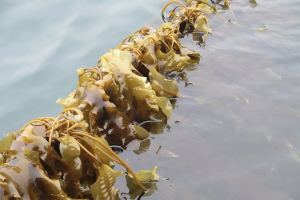
Despite the global seaweed farming boom, efforts in Australia to develop commercial-scale offshore kelp farming are in the early days. However, that reality could be changing, as the Department of Natural Resources and Environment Tasmania has issued a scientific permit to deploy marine infrastructure as part of a research program on growing kelp.
The research site, south of Blackmans Bay and north of the Tinderbox Reserve, will be used for developing technologies suitable for commercial-scale offshore kelp production. The project’s goal is to develop, test and demonstrate technologies for offshore kelp mariculture in Tasmania or other offshore environments that are scalable, economically viable, achieve positive environmental outcomes, attract strong public and market support and are supported by the rightsizing of policy and regulatory frameworks.
“If done correctly, growing kelp at commercial scale can yield significant positive environmental outcomes as well as positive social and economic results,” said Dr. Craig Johnson, research lead and professor at the Institute for Marine and Antarctic Studies at the University of Tasmania. “We have much to learn about how to do this most efficiently and effectively, and this research allows those initial careful steps to be taken in establishing some necessary foundations which can potentially help the industry to grow quickly.”
The research project infrastructure includes three small rings (18-meter diameter) and associated moorings plus an underwater array consisting of 60-meter-long grow lines at a depth of approximately 10 meters.
The corners of the area will be marked for navigation purposes in accordance with advice from Marine and Safety Tasmania (MAST). While vessels are not prohibited, mariners are encouraged to navigate with caution in the area and should not anchor within the research zone. Adequate signage will be installed on the infrastructure in due course.
Project seeks to ‘fill knowledge gaps’ about potential toxins in kelp and seaweed
Weather permitting, anchors will be deployed in mid-June with the planting of microsporophytes (baby kelp) immediately following.
“In a broader context, kelp mariculture at commercial scale has the potential to contribute positively to some of the large existential challenges facing society as a whole, namely the biodiversity, food security and climate crises,” said Johnson.
Read more about the project here.
Follow the Advocate on Twitter @GSA_Advocate
Now that you've reached the end of the article ...
… please consider supporting GSA’s mission to advance responsible seafood practices through education, advocacy and third-party assurances. The Advocate aims to document the evolution of responsible seafood practices and share the expansive knowledge of our vast network of contributors.
By becoming a Global Seafood Alliance member, you’re ensuring that all of the pre-competitive work we do through member benefits, resources and events can continue. Individual membership costs just $50 a year.
Not a GSA member? Join us.
Author
Tagged With
Related Posts
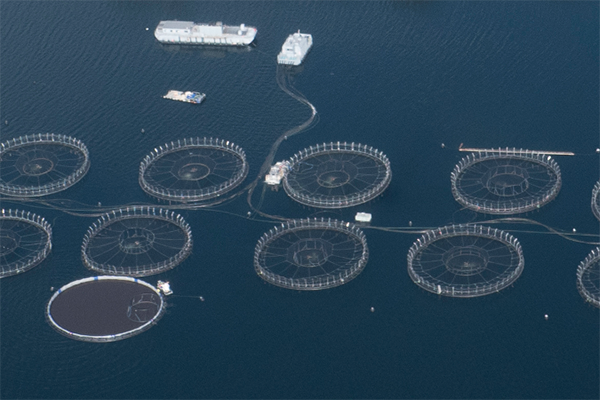
Intelligence
Tasmania passes bill to support offshore marine aquaculture research
Tasmania has passed a bill to enable offshore marine aquaculture research, which will help sustainably grow the salmon farming industry.
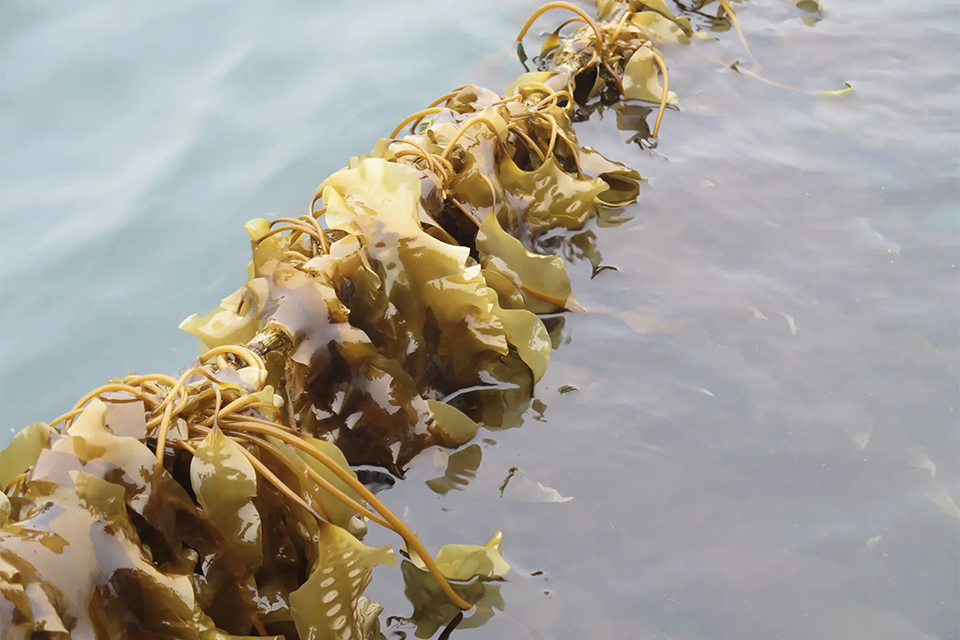
Responsibility
Can kelp farming fix the planet? Experts weigh in on promises and pitfalls
How can kelp farming help solve global challenges? A panel of seaweed experts discussed promises, pitfalls and knowledge gaps.
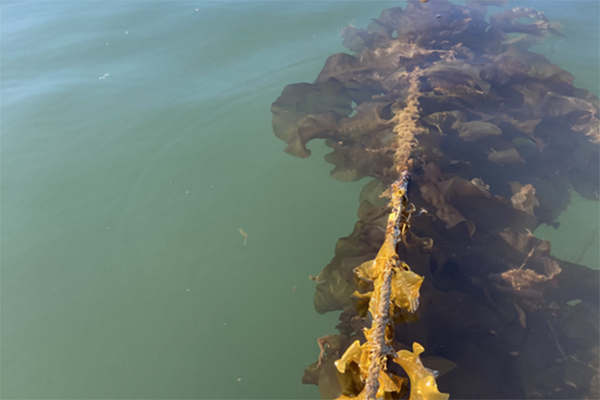
Responsibility
Kelp farms believed to help reduce coastal marine pollution
The water-filtering abilities of kelp farms could help reduce marine pollution in coastal areas, according to a new study.
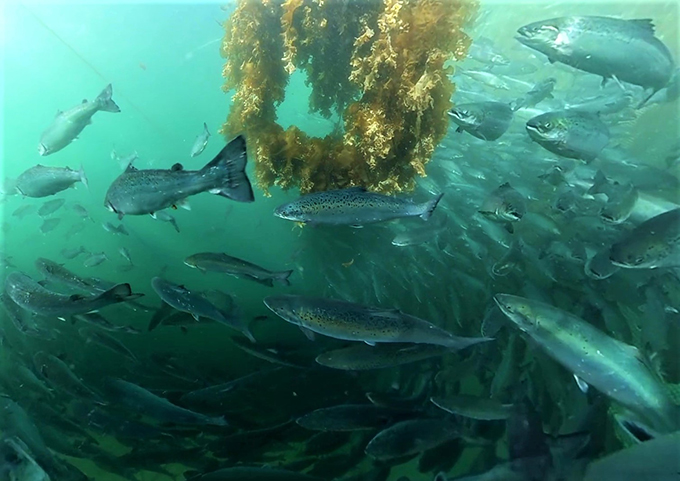
Responsibility
Could cultivating kelp forests in salmon pens help ‘future-proof’ the sector?
KelpRing has received funding to explore the possible benefits of installing kelp forests within salmon pens to benefit cleaner fish.



